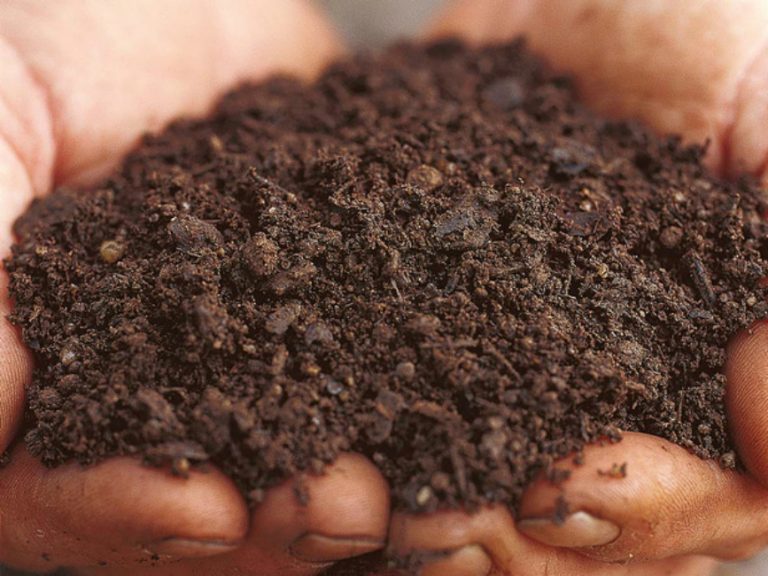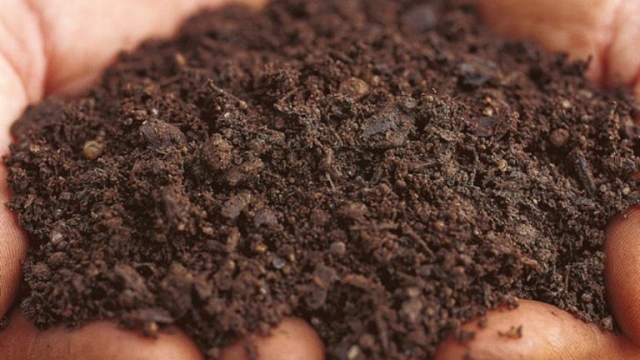Are you looking to give your garden a nutrient boost? Look no further! In this ultimate guide, we will explore the world of custom fertilizers, specially designed to cater to the unique needs of every garden. Whether you have a sprawling backyard garden or a cozy balcony oasis, we’ve got you covered. With the increasing emphasis on organic gardening, we will delve into the benefits of using organic soils and how to choose the most suitable fertilizer for your green space. So get ready to roll up your sleeves and discover the secrets to a thriving, lush garden that will make any green thumb rejoice!
Understanding Organic Soils
When it comes to gardening, one important aspect to consider is the type of soil you use. Organic soils are a fantastic choice for any garden. These soils are derived from materials that are once living or were produced by living organisms. They are rich in essential nutrients and beneficial microorganisms that can greatly enhance plant growth.
Organic soils are a popular choice among gardeners due to their numerous benefits. Firstly, they are environmentally friendly. By using organic materials as a base for soil, you are helping to reduce the amount of synthetic chemicals and harmful residues that can seep into the ground. This not only promotes a healthier garden but also contributes to the overall well-being of our planet.
Secondly, organic soils are known for their excellent drainage and moisture retention properties. This is crucial for plant health as it ensures that roots receive adequate water while preventing waterlogging that can lead to root rot. The balanced moisture levels in organic soils create a favorable environment for plant growth, allowing them to flourish.
Lastly, organic soils act as a natural reservoir of nutrients. Plants require a variety of essential nutrients to thrive, and organic soils provide them in abundance. These soils are rich in organic matter, such as decomposed leaves and compost, which release nutrients slowly over time. This gradual release ensures that plants have a steady supply of nourishment, leading to healthier and more resilient crops.
In conclusion, understanding organic soils is key to successful gardening. Their environmentally friendly nature, excellent drainage, moisture retention, and nutrient-rich composition make them the ideal choice for any garden. By incorporating organic soils into your garden, you are not only creating a thriving ecosystem but also contributing to the sustainability of our environment. So, get your green thumbs ready and prepare to witness the wonders of organic soils in your own garden!
Choosing the Right Fertilizer
When it comes to nourishing your garden, selecting the right fertilizer is crucial. With so many options available, finding the perfect fit can initially seem overwhelming. However, with a little guidance, you’ll be well on your way to creating a thriving green haven. Below are some key factors to consider when choosing the ideal fertilizer for your garden:
-
Understanding Organic Soils: Organic soils form the foundation of any healthy garden. They are enriched with natural matter such as compost, manure, or decayed plant material, which provide essential nutrients to plants. When selecting a fertilizer, it’s important to choose one that complements the organic composition of your soil. Organic fertilizers, such as those derived from animal or plant sources, are ideal for maintaining the integrity of your organic soil. They release nutrients slowly, ensuring a consistent and sustainable supply for your plants.
-
Matching Fertilizers to Your Garden: Each garden has its unique set of needs and growing conditions. Consider the specific requirements of your plants and take into account factors such as the type of soil, exposure to sunlight, and drainage. For example, if you have a vegetable garden, opt for a balanced fertilizer that contains moderate levels of nitrogen, phosphorus, and potassium. On the other hand, acid-loving plants like azaleas or blueberries will thrive with a fertilizer that is specially formulated for acidic soil. By matching your fertilizer to your garden’s specific needs, you can enhance its overall health and productivity.
-
Consider Environmental Impact: While it’s important to nourish your garden, it’s equally crucial to consider the larger environmental impact of your choices. Look for fertilizers that are environmentally friendly and promote sustainable gardening practices. Avoid products that contain synthetic chemicals or excessive amounts of phosphorus, which can contribute to water pollution. Instead, opt for organic fertilizers that are low in phosphorus and use natural ingredients. These choices not only benefit your garden but also help preserve the health of our planet.
By taking into account the type of soil, specific garden requirements, and environmental impact, you can make an informed decision when choosing the right fertilizer for your garden. Remember, a healthy garden starts from the ground up, and with the right fertilizer, you’ll be well on your way to cultivating a flourishing oasis of greenery.
Creating Custom Fertilizers for Your Garden
Now that we’ve discussed the benefits of organic soils and explored fertilizers for every garden, let’s dive into the fascinating world of creating custom fertilizers! By blending various natural ingredients, you can tailor your fertilizers to meet the specific needs of your plants. Here are some simple steps to get started:
-
Assess Your Garden: Begin by observing your garden and identifying the specific deficiencies or requirements of your plants. Are they lacking in certain nutrients? Do they need more nitrogen or phosphorus? Understanding these needs will be crucial in formulating the right custom fertilizer.
-
Research Ingredients: Next, research different natural ingredients that can supply the nutrients your plants require. This can include items such as compost, bone meal, bat guano, seaweed extract, and more. Each ingredient has its own nutrient profile, so choose wisely based on your plants’ needs.
-
Experiment and Mix: Once you have gathered the necessary ingredients, it’s time to start experimenting! Start by mixing small amounts of the chosen ingredients together, keeping track of the proportions used. Apply the custom blend to a small section of your garden and observe how your plants respond.
-
Adjust and Fine-Tune: Based on the results of your initial application, adjust the proportions of the ingredients as needed. Fine-tuning the blend will help create a custom fertilizer that optimally meets the nutritional requirements of your plants.
Remember, creating custom fertilizers is a process of trial and error. It may take a few attempts before you find the perfect blend for your garden. Be patient, observe the changes in your plants, and gradually refine your custom fertilizer recipe. Your green thumbs will certainly rejoice when they witness the vibrant growth and health of your garden!



